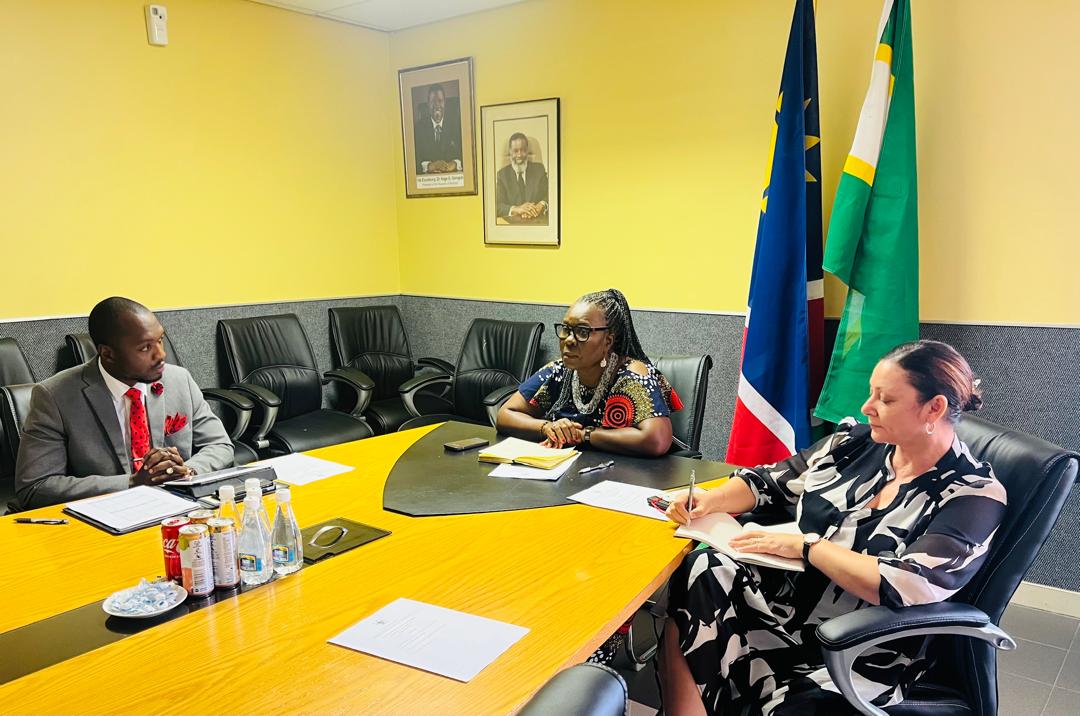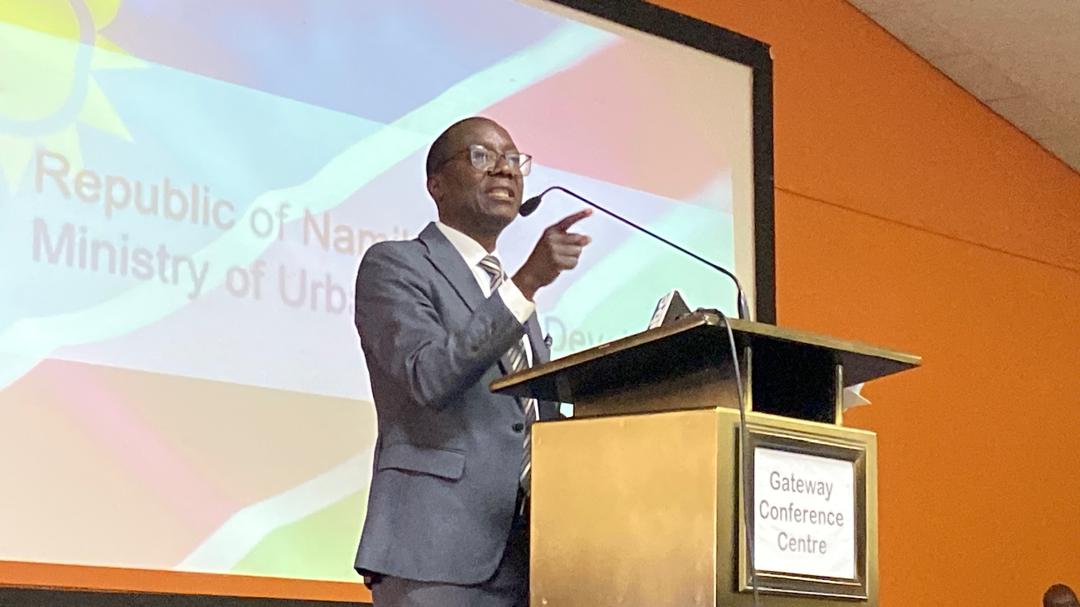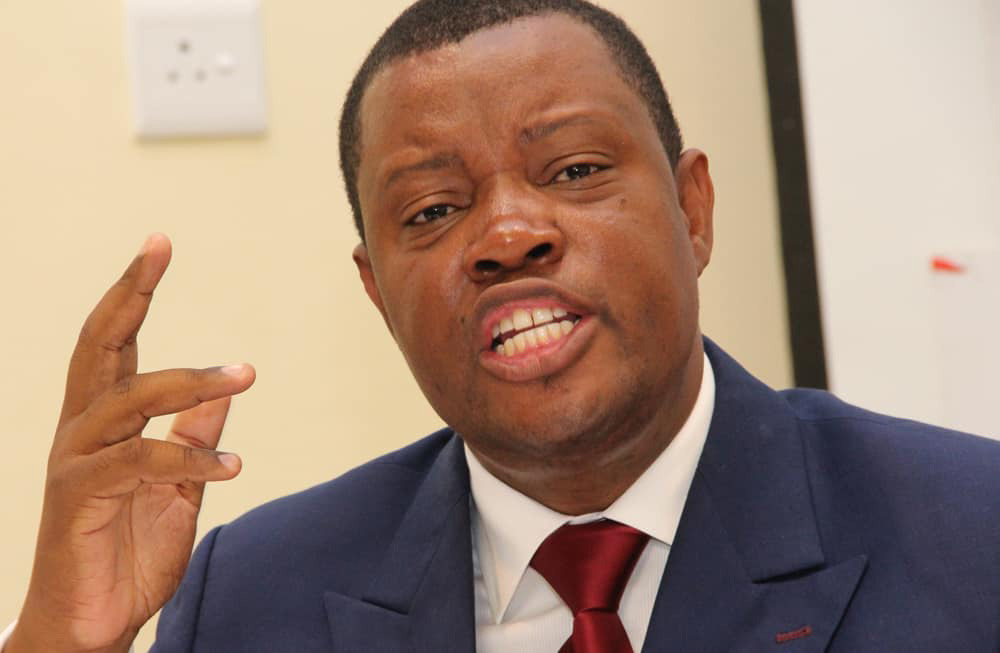NEW YORK – Liberia still cannot adequately track diamond mining on its territory, say United Nations experts, recommending the security council leave in place its ban on Liberian diamond exports.
Liberian President Ellen Johnson-Sirleaf had pushed hard for an end to the five-year-old diamond embargo, saying the money from gem sales was badly needed to finance reconstruction in her war-ravaged West African country. But, the panel of outside experts told the security council that Liberia had not yet met the requirements of the Kimberley Process, a programme intended to prevent so-called blood diamonds from entering the mainstream diamond market.The panel said: “Although most of the necessary components are now in hand, they still require final arrangement into a coherent and functioning mechanism with long-term durability and credibility.”LIBERIA’S DIAMOND-FUELLED CIVIL WAR It said: “Achieving this objective will require stronger leadership, especially by the minister of lands, mines and energy, as well as the effective ongoing management of human, financial and material resources.”The embargo was imposed in 2001, two years before the end of Liberia’s 14-year diamond-fuelled civil war.The council said it could lift the ban only after the government had in place the controls on gem sales demanded by the Kimberley Process, which required participating governments to provide certificates for exports of rough diamonds to show they were mined from legitimate operations.The initiative between the governments, the diamond industry and civic groups, launched in 2002, aimed at ending the global trade in rough diamonds to finance wars against legitimate governments, as in Angola, Ivory Coast, the Democratic Republic of Congo and Sierra Leone.According to the expert panel, with war behind it and a new government in place, Liberia “has enjoyed a fragile peace” and is improving its management of state finances.It said that it faced enormous reconstruction challenges and the government had been slow to demonstrate its campaign commitment to zero tolerance for corruption.Nampa-ReutersBut, the panel of outside experts told the security council that Liberia had not yet met the requirements of the Kimberley Process, a programme intended to prevent so-called blood diamonds from entering the mainstream diamond market.The panel said: “Although most of the necessary components are now in hand, they still require final arrangement into a coherent and functioning mechanism with long-term durability and credibility.”LIBERIA’S DIAMOND-FUELLED CIVIL WAR It said: “Achieving this objective will require stronger leadership, especially by the minister of lands, mines and energy, as well as the effective ongoing management of human, financial and material resources.”The embargo was imposed in 2001, two years before the end of Liberia’s 14-year diamond-fuelled civil war.The council said it could lift the ban only after the government had in place the controls on gem sales demanded by the Kimberley Process, which required participating governments to provide certificates for exports of rough diamonds to show they were mined from legitimate operations.The initiative between the governments, the diamond industry and civic groups, launched in 2002, aimed at ending the global trade in rough diamonds to finance wars against legitimate governments, as in Angola, Ivory Coast, the Democratic Republic of Congo and Sierra Leone.According to the expert panel, with war behind it and a new government in place, Liberia “has enjoyed a fragile peace” and is improving its management of state finances.It said that it faced enormous reconstruction challenges and the government had been slow to demonstrate its campaign commitment to zero tolerance for corruption.Nampa-Reuters
Stay informed with The Namibian – your source for credible journalism. Get in-depth reporting and opinions for
only N$85 a month. Invest in journalism, invest in democracy –
Subscribe Now!









